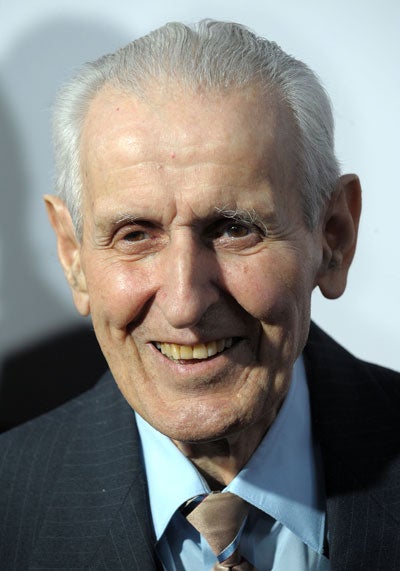Right-to-die campaigning doctor is dead at 83

Jack Kevorkian, the controversial pathologist who campaigned for the right to die and earned the nickname "Dr Death" for helping dozens of terminally-ill patients commit suicide, has died after a short but severe illness. He was 83.
Doctors at the William Beaumont Hospital in Michigan said Mr Kevorkian had asked to spend his final hours listening to CDs of music by Johann Sebastian Bach. In keeping with his principles, he declined treatment that might have prolonged his existence and died at about 2.30am yesterday.
No official cause of death was announced, but Mayer Morganroth, a close friend who had been at the scene earlier with Mr Kevorkian's niece, Ava Janus, told reporters that he apparently suffered a pulmonary thrombosis, when a blood clot from his leg broke free and lodged in his heart.
Mr Kevorkian became an international talking point in the 1990s, when in contravention of US law he began using a home-made "suicide machine" to help sufferers of severe diseases end their own lives. He was later played by Al Pacino in the biopic You Don't Know Jack, which earned the actor an Emmy and a Golden Globe.
His first assisted suicide was carried out in 1990, when he injected lethal drugs into an Alzheimer's patient in the back of a Volkswagen van. Over the ensuing decade, he helped 130 other seriously ill people to die.
With the help of canny legal representatives, he confounded efforts to prosecute him, despite being arrested dozens of times. His first three prosecutions ended in acquittals. The fourth eventually resulted in a mistrial.
His luck ran out in 1999, when he received a 10 to 25-year sentence for second degree murder. He was released in 2007 on condition that he agree not to assist in any further suicides, a promise he appears to have kept.
A divisive and eccentric figure, who likened himself to Ghandi and Martin Luther King and called prosecutors "Nazis", he was widely criticised by religious leaders. Opponents called him a publicity-seeker and claimed he had a morbid fascination with death.
Friends and many "right to die" campaigners saw things differently. During his Emmy acceptance speech, with Mr Kevorkian in the audience, Pacino said it was a pleasure to "try to portray someone as brilliant and interesting and unique" as the doctor and a "pleasure to know him".
Join our commenting forum
Join thought-provoking conversations, follow other Independent readers and see their replies
Comments
Bookmark popover
Removed from bookmarks